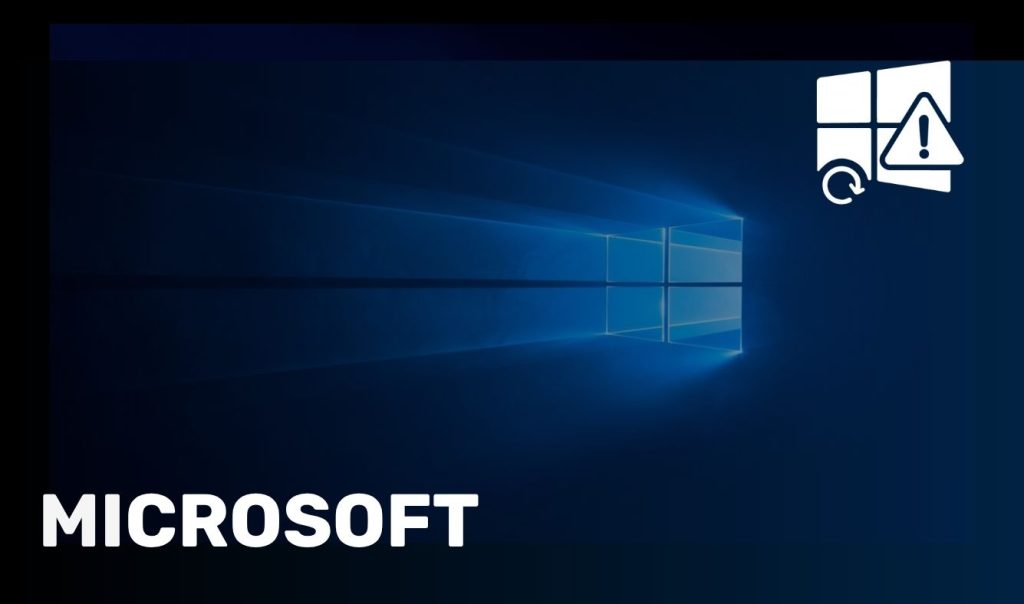Suppliers to the NHS Supply Chain and NHS associated organisations play a critical role in ensuring patient care, maintaining IT and digital services, and protecting sensitive data. With cyber threats growing rapidly across the healthcare sector, holding Cyber Essentials Plus certification for NHS supply chain eligibility is not just a best practice, it’s increasingly a contract requirement.
In this deep dive we’ll explain: why NHS suppliers need Cyber Essentials Plus, exactly who must comply, the certification process and controls, key benefits, pitfalls to avoid, and how suppliers can achieve and maintain certification. We’ll support this with recent statistics and insights that underline how vital this certification has become.

Why Cyber Essentials Plus Matters for NHS Suppliers
Cyber Threat Exposure in Healthcare
The healthcare sector is under tremendous cyber pressure. For example:
- Research indicates that 79% of UK healthcare providers reported at least one data breach since 2021, with a 14% increase in accidental data leaks year‑on‑year.
- Survey data shows only 36% of NHS staff believe current cyber security measures are sufficient, and 60% report a lack of regular cyber‑security training.
- The scheme evaluation for Cyber Essentials found that certified organisations are 92% less likely to make an insurance claim for a cyber‑incident compared to those without certification.
The Supply‑Chain Risk
Suppliers to NHS bodies frequently handle or connect to highly sensitive systems (patient records, service delivery environments, logistics, telephony). Attackers see supplier networks as routes into larger organisations. According to the scheme’s evaluation:
- 45% of certified organisations take Cyber Essentials certification into account when assessing the cyber risk posed by a supplier.
- 59% of organisations save time on cyber‑security due‑diligence when a supplier is CE Plus certified.
- Having CE/CE Plus certification gives suppliers a measurable advantage: 61% say they are more likely to select certified suppliers.
Regulatory & Contractual Imperatives
The UK government’s Procurement Policy Note (PPN 014) and NHS supplier security guidance require evidence of certification when providing IT or digital services or handling NHS data. The requirement to hold Cyber Essentials Plus certification for NHS supply chain is now widely referenced in procurement documents. Suppliers who cannot demonstrate CE Plus (or equivalent controls) may face exclusion from contracts or be considered high risk.
NHS Supplier Cyber Security Standard
You are generally in scope if:
- You supply IT or digital products/services to NHS bodies, or
- You process NHS staff, patient or supplier personal data as part of a contract
The NHS Supplier Guide states that if you are in scope, you should hold a valid Cyber Essentials Plus certificate or be able to demonstrate equivalent controls.
Basic Cyber Essentials (self‑assessment only) may be temporarily accepted in some lower‑risk cases, but many NHS contracts now require Cyber Essentials Plus.
Certification Scope Matters
When obtaining certification, you must ensure:
- The legal entity listed on the certificate matches your contract entity
- The services covered align with your NHS supply chain role
- Sub‑contractors or connected services are assessed where required (supply‑chain security)
Failure to include the correct scope may lead to your tender being rejected.
What the Certification Involves
Five Core Technical Controls
Both Cyber Essentials and Cyber Essentials Plus address five essential controls:
- Boundary firewalls and internet gateways
- Secure configuration of devices and software
- User access controls and privileged account management
- Malware protection
- Patch and update management
Upgrading to Cyber Essentials Plus
In addition to these controls, CE Plus certification includes:
- External vulnerability testing and internal authenticated scans
- Verification that your controls are not just documented but effective
- An audit or on‑site inspection as required by the certification body
Renewal & Continuous Compliance
CE Plus is valid for 12 months, after which you must renew. Programme notes highlight that almost half of audited organisations see supply‑chain benefits from CE/CE Plus certification.
Maintaining certification means not just achieving the controls once, but keeping them in place and auditable.
NHS Supplier Cyber Essentials Plus Requirements in Practice
Procurement Policy Note (PPN 014)
PPN 014 sets out that suppliers must provide certification evidence before contract award if they fulfil the risk criteria.
If you lack CE Plus at the time of bid, you may be asked to complete an Information Security Third Party Questionnaire (ISTPQ) and produce plans for achieving CE Plus.
Supply‑Chain Assurance
NHS procurement teams evaluate both your certification and how you oversee your subcontractors. As one source noted: only 11% of UK businesses were assessing cyber risk of immediate suppliers.
Benefits of Achieving Cyber Essentials Plus for NHS Suppliers
- Demonstrates you are contract‑ready: with “Cyber Essentials Plus UK healthcare supplier compliance” you stand out in tender evaluations
- Builds trust and credibility in NHS markets: 75% of certified suppliers say the scheme improved client confidence.
- Reduces procurement friction: 59% of organisations say CE Plus reduced due‑diligence time when vetting suppliers.
- Helps align with NHS Security Guidance, DSPT requirements, supply‑chain cyber standards
- Strengthens your internal cyber resilience: Certified organisations are better prepared and more systematic about cyber hygiene
Common Pitfalls & How to Avoid Them
Pitfall | Why It Matters | Action Steps |
Assuming ISO 27001 suffices | ISO covers frameworks, not the five technical controls CE/CE Plus requires | Secure CE Plus in addition to any ISO certification |
Certificate too narrow in scope | NHS may reject supplier if certificate covers wrong entity or services | Map your services and entity scope clearly before certifying |
Expired certification | A certificate older than 12 months may be invalid for contracting | Track expiry dates, budget for renewal, keep logs |
Ignoring subcontractors | NHS expects supply‑chain risk to be managed | Assess subcontractors and extend CE‑controls or equivalent to them |
How NHS Suppliers Can Achieve Cyber Essentials Plus
- Identify scope: Confirm whether you handle NHS data or supply digital/IT services.
- Gap analysis: Compare current configuration with the five defined controls and identify weaknesses.
- Remediation plan: Address gaps in patching, firewalls, configuration, malware defence and access control.
- Self‑assessment: Complete Cyber Essentials (if not already done) to build readiness.
- Certification process: Engage an accredited Certification Body for Cyber Essentials Plus and pass audit/tests.
- Pre‑bid readiness: Include certificate in supplier questionnaires and tender submissions.
- Maintain controls: Renew annually, monitor status, manage subcontractors, evidence supply‑chain compliance.
Explore Our Blog For More Information: How To Get Cyber Essentials Certified
Contact Creative Networks Today
At Creative Networks, we specialise in guiding organisations through the full journey of becoming compliant for NHS procurement.
Our support includes:
- Detailed readiness assessments tailored to NHS supplier controls
- Technical remediation and project management of control improvements
- Coordination with accreditation bodies and certification tracking
- Supply‑chain cyber risk audits specific to healthcare supply‑chain contexts
- Ongoing support aligning to DSPT, NHS Security Guidance and contract renewals
If you need to strengthen your position as a certified, trusted NHS supplier, we are here to guide you step‑by‑step.
Contact Creative Networks today to begin your Cyber Essentials Plus journey and secure your place in the NHS supply chain.




